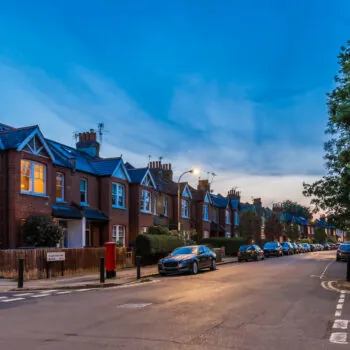Ministers found more promising conditions on the ground than they are used to experiencing during the final days of annual UN climate negotiations.
The first week of negotiations was marked by a clear improvement in diplomacy compared with recent climate negotiations (see quotes below). In stark contrast to Copenhagen, where the atmosphere for negotiations was poisoned by revelations of a “secret text”, the Mexican government’s orchestration of the process prior to and during the Conference of the Parties (COP) has been particularly open, transparent and inclusive.
The question for week two is whether progress can continue, or if key parties will revert to historic hard-line positions that will run negotiations into a ditch.
Negotiators have taken the process as far as they can within their mandates and it is up to the Ministers to make political decisions around where the final movement can take place to reconcile remaining differences.
There are still a number of crunch issues that must be tackled in order to secure a balanced package by the close of the sessions:
- What will be agreed about a second commitment period of the KP?
- In what way will countries anchor in the mitigation pledges made in Copenhagen to the regime moving forward?
- How will the climate fund be structured and established, and can countries do more to identify alternative sources of funds to provide the billions needed?
- Will countries be able to agree on how to implement International consultation and analysis, and measurement, reporting and verification of country actions?
Flexibility and good will at Cancun in quotes:
Moderate flexibility is needed by all parties in order to push forward the climate change negotiations, but one thing cannot be compromised is the issue of mankind’s living and development, as the climate change has posed great pressure on that. Xie Zhenua, head of the Chinese delegation. November 30, 2010. The China Daily
In the spirit of compromise, we would consider any options that would keep open the continuation of the Kyoto Protocol. Su Wei, China’s chief negotiator. December 6, 2010. BBC, UK
A balanced package is within our reach. To grasp it we must be pragmatic, we must be flexible, and we must stand behind the underpinnings of what our leaders agreed to last year… So let me repeat, we are extremely eager to make progress here in Cancun, and we are determined to do everything we can to ensure that happens. Jonathan Pershing, Deputy Special Climate Change Envoy for the United States. November 29, 2010. Transcript, Daily press briefing at COP 16.
India is willing to show more flexibility and will play a leadership role at the climate change talks in Cancun next month to ensure a constructive outcome. We will ensure whatever needs to be done with Mexico to come out with a set of decisions. We will play a leadership role both as India and member of BASIC countries. Indian Environment Minister Jairam Ramesh. November 10, 2010. The Times of India
Japan has come here to have a constructive dialogue with both developing and developed nations. Just because Japan is not agreeing to second commitment period does not mean Japan is abandoning action. Hideki Minamikawa, Vice-Minister for Global Environmental Affairs, Ministry of the Environment, Japan. December 1, 2010. Press conference at Cancun.


